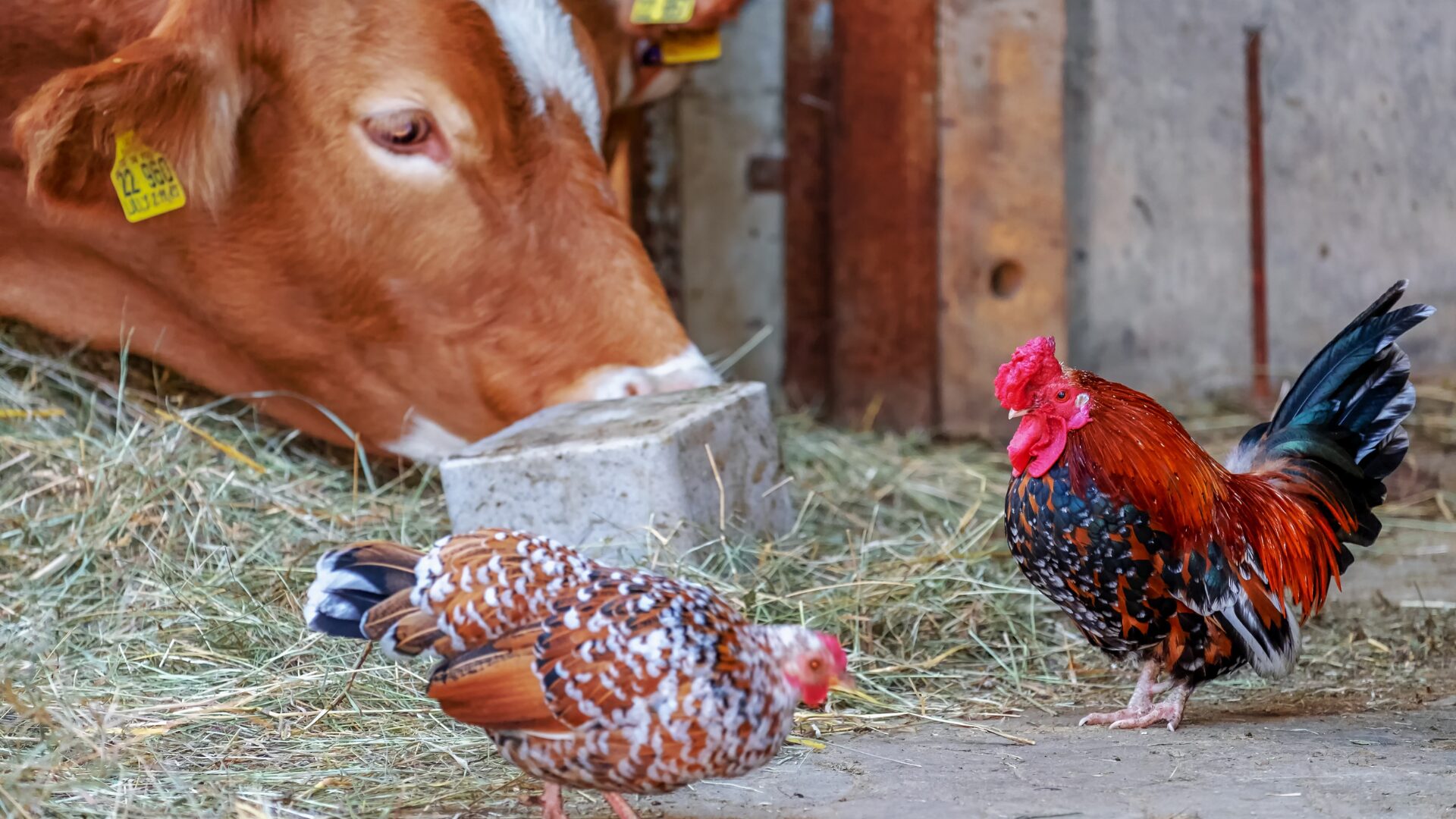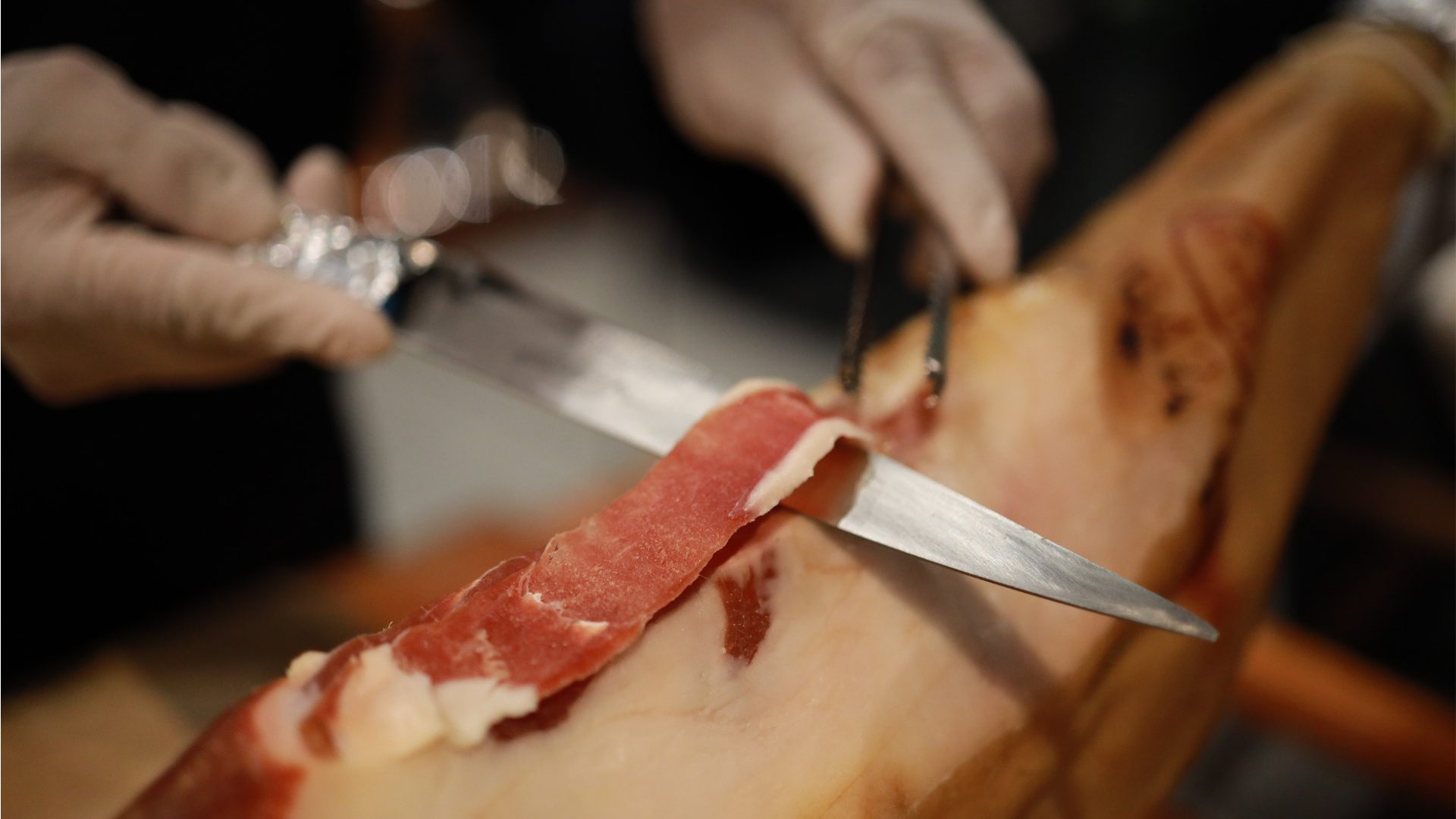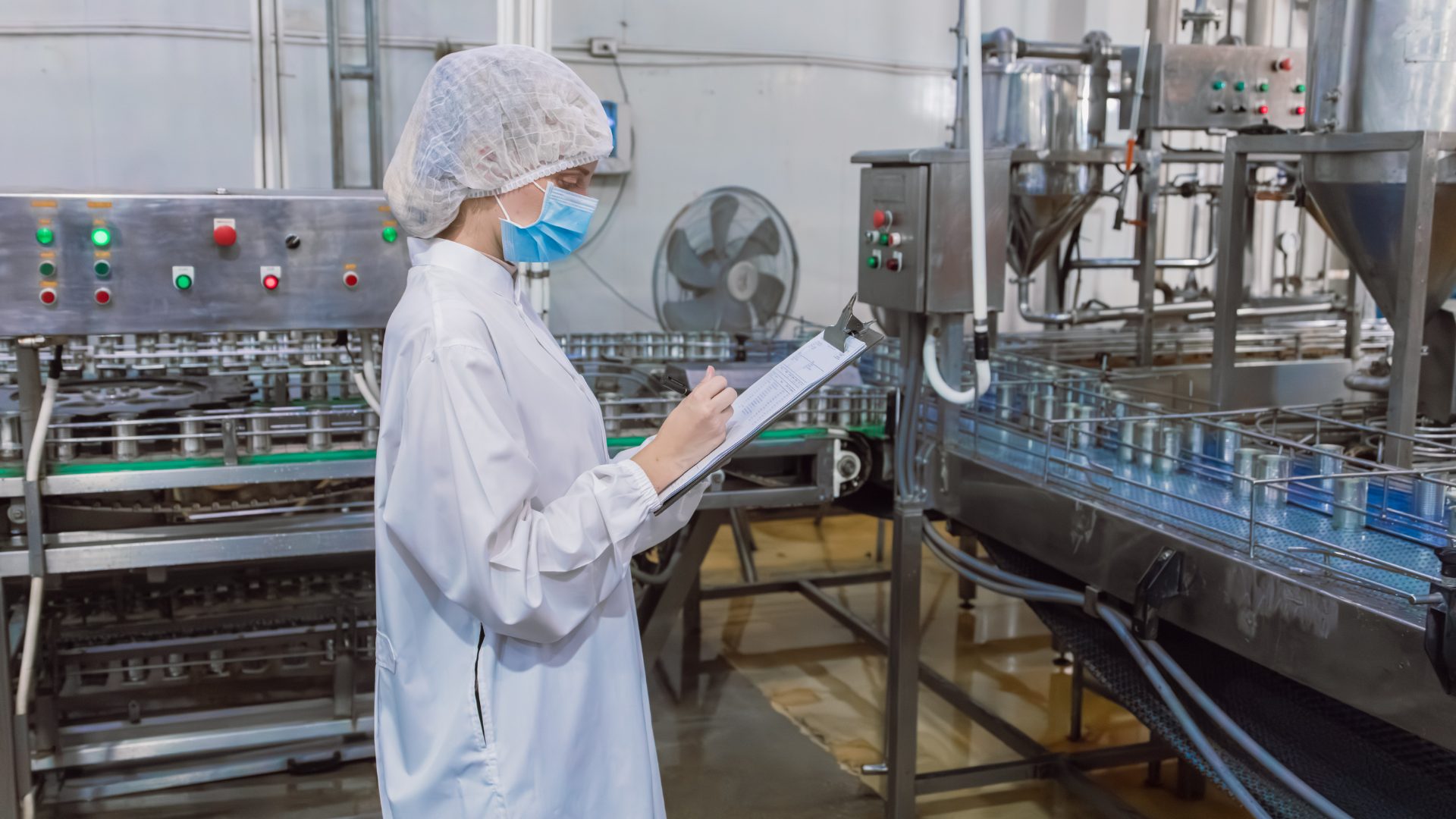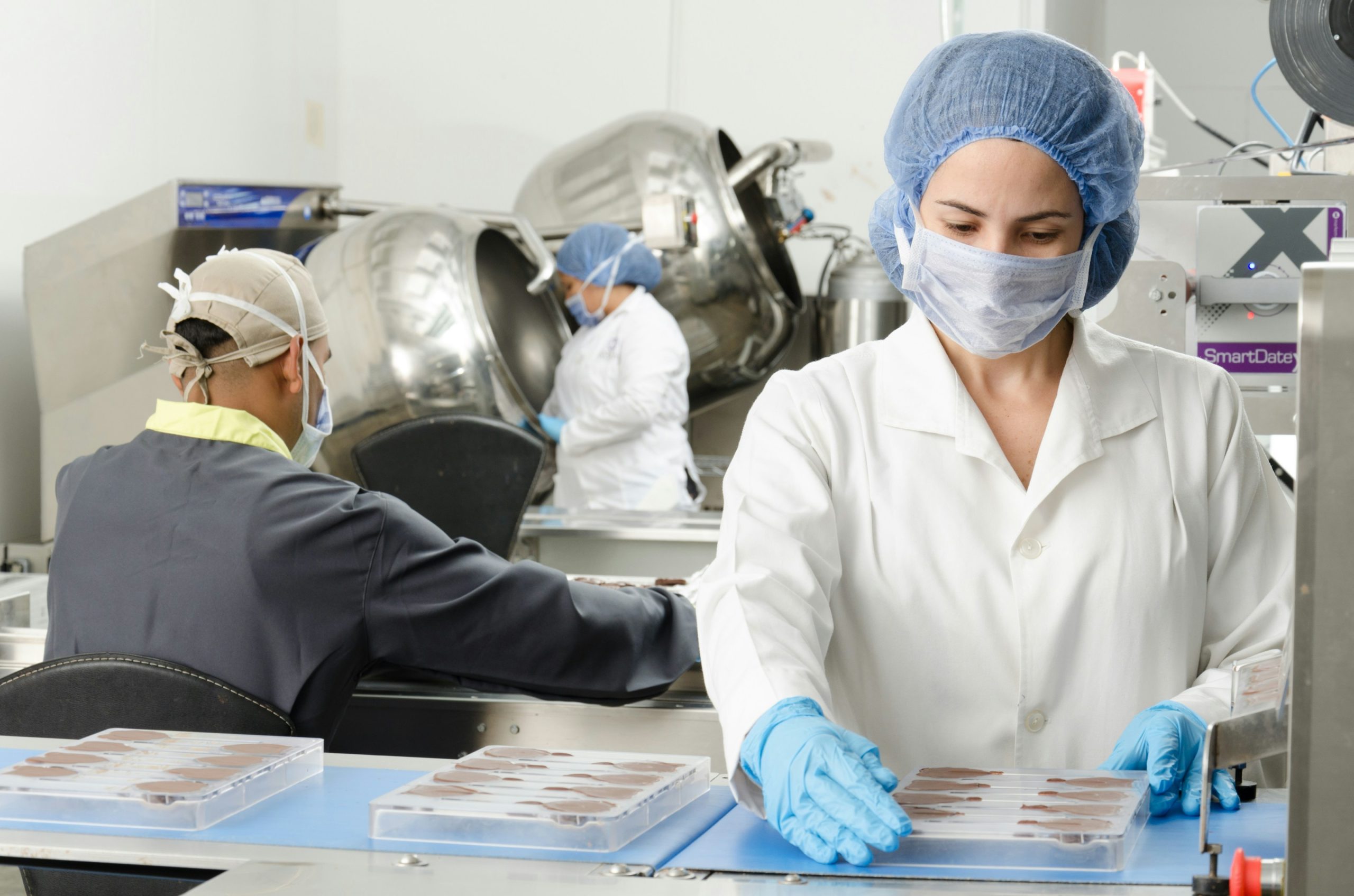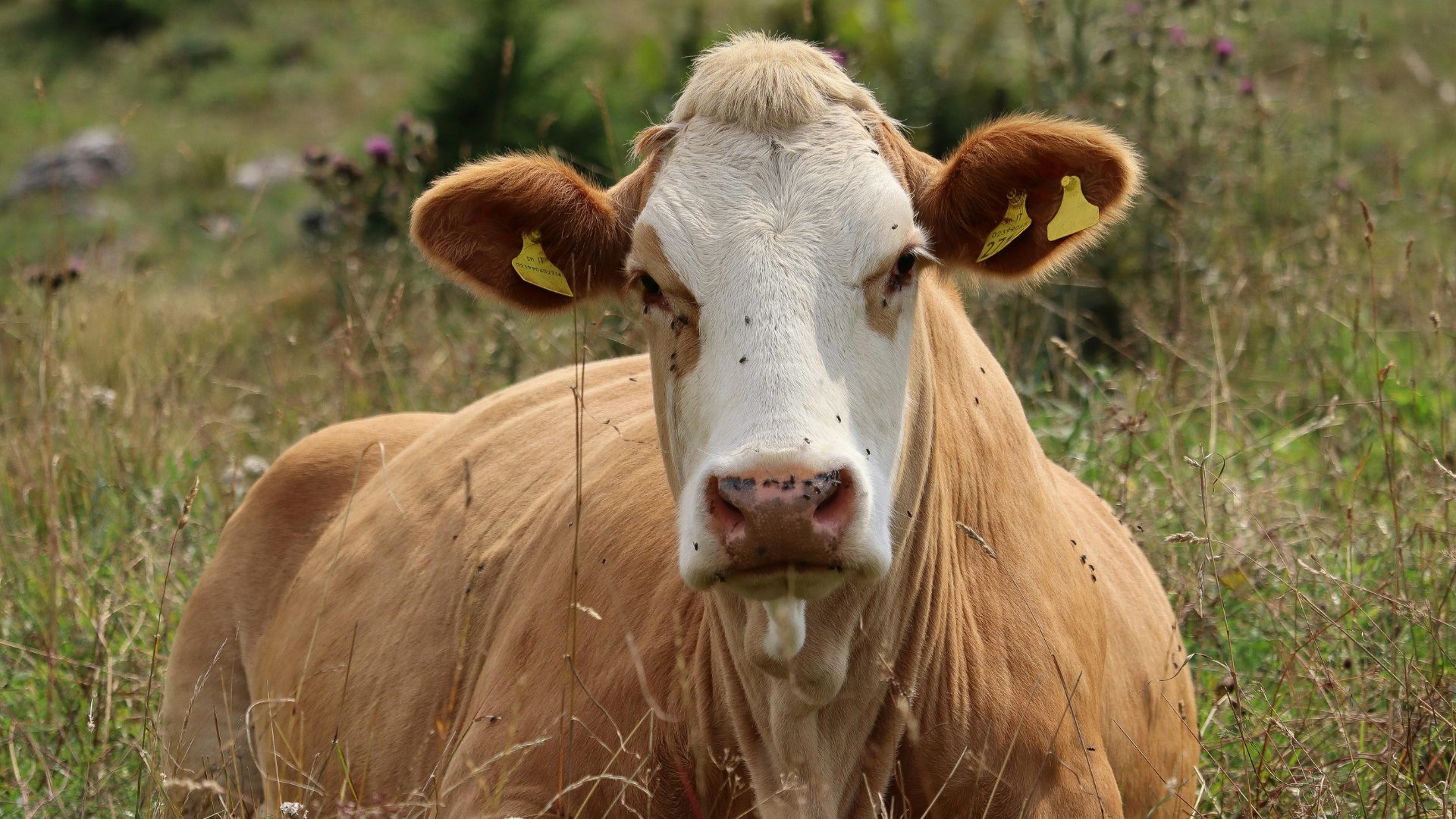The discovery of additional bird flu cases in dairy cows in Southern California prompted Gov. Gavin Newsom to declare a state of emergency late last week against the virus threatening the poultry and dairy industries and sparking fears of a possible future pandemic.
The proclamation called for expanded monitoring and a coordinated statewide approach to containing and mitigating the spread of the virus, which has been found in dairy cattle in 16 states.
“This proclamation is a targeted action to ensure government agencies have the resources and flexibility they need to respond quickly to this outbreak,” Newsom said.
“Building on California’s testing and monitoring system – the largest in the nation – we are committed to further protecting public health, supporting our agriculture industry, and ensuring that Californians have access to accurate, up-to-date information. While the risk to the public remains low, we will continue to take all necessary steps to prevent the spread of this virus.”
Colorado issued a similar declaration earlier in July for Weld County.
The Centers for Disease Control and Prevention confirmed the first severe case of bird flu in humans on Dec. 13 in a patient in Louisiana. The genotype is different than the one found in dairy herds, the CDC said, adding that the patient was exposed to sick and dead birds in a backyard flock
“This is the first case of H5N1 bird flu in the U.S. that has been linked to exposure to a backyard flock. A sporadic case of severe H5N1 bird flu illness in a person is not unexpected; avian influenza A(H5N1) virus infection has previously been associated with severe human illness in other countries during 2024 and prior years, including illness resulting in death. No person-to-person spread of H5 bird flu has been detected,” the CDC said.
The CDC advised consumers to stay away from undercooked meat and raw milk or cheese made from raw milk.
In other news:
Egg Innovation: The egg industry is turning to an alternative to killing male chicks, utilizing technology that allows producers to examine fertilized eggs, spot the male embryos and then grind them up before they mature. The nation’s largest chick hatchery, which produces some 387,000 eggs a day, began using the Agri Advanced Technologies equipment in December, ABC News reported.
Currently, hundreds of millions of male chicks are destroyed annually because they have little monetary value since the poultry business raises one kind of bird for eggs and another meatier species for the dinner table. Agri Advanced’s machine, the Cheggy, can handle 25,000 eggs an hour, separating them by sex. The equipment has been installed by Hy-Line North America at two of its hatcheries, in: Wilton, Iowa, and Bryan, Texas.
Climate Change: Rising daytime temperatures are forcing those who depend on fishing and agriculture for their livelihood from Brazil to India to the U.S. to alter their work habits, opting to work in the wee hours before dawn when temperatures are cooler, the Grist reported. Research indicates about a fifth of the workforce faces dangerous daytime temperatures, and by 2050, the proportion could rise to nearly 40%.
“The obvious piece of advice that you’ll see given is, ‘Work at night. Give workers head torches,’” Zia Mehrabi, a researcher at the University of Colorado told Grist. “But the reality is, that can lead to other rights violations, other negative impacts.” The report said women are especially vulnerable.
The Food Institute Podcast
Is it possible to balance a legacy brand and innovative ideas for a food company? Bibie Wu, chief communications and technical development officer with Del Monte, shares how her company respects its past while looking to the future, and how her dual roles in marketing and product development inform each other and improve the company.


